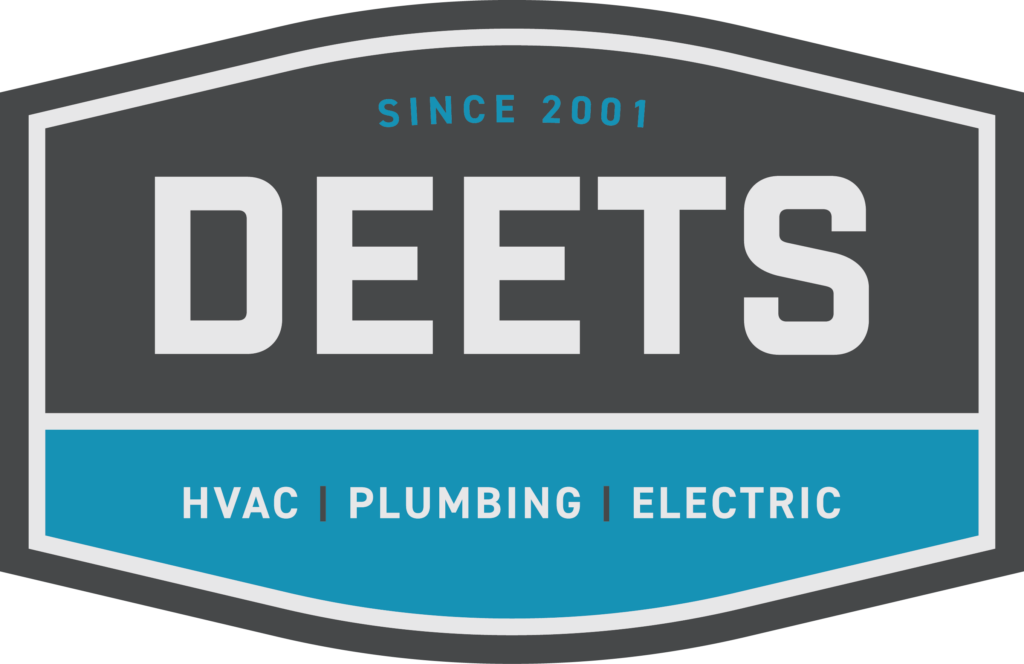In this article…
- 11 Common Reasons Your Furnace Stops Working in the Winter and How to Fix Them
- Should I Repair or Replace My HVAC System?
- Maintaining Your Furnace To Run Efficiently All Winter Long
When it’s the dead of winter in Pennsylvania, the last thing you want is to be left without heat.
Keeping your HVAC system in top shape year-round is essential to staying comfortable through every season. But as freezing temperatures settle in, heater shut-offs become a common issue—especially with older, worn systems.
That’s why it’s important to know how to handle a heating emergency, including troubleshooting common issues and recognizing when it’s time to call in a professional.
At DEETS Mechanical, we’ve been keeping homes in Northwestern Pennsylvania warm and comfortable since 2001.
While we’re always here with expert service and emergency repair when you need us, we’re also here to equip you with the knowledge you need to prevent problems before they start (and know what steps to take when something goes wrong).
This article will walk through common reasons your heater might be shutting off, what you can do to try and fix it, and when you should repair or replace your system.
11 Common Reasons Your Furnace Stops Working in the Winter and How to Fix Them
When the temperatures are consistently below freezing, the last thing any homeowner wants is a furnace that suddenly stops working.
There are several common reasons why this happens, and in many cases, you can troubleshoot the issue before calling in a professional. But you have to know what to do.
Here’s a breakdown of why your furnace may not be running and what you can do to fix it.
1. Dirty or Clogged Air Filters
One of the most common reasons for furnace failure is a dirty air filter. A clogged filter restricts airflow, causing the furnace to overheat and shut down as a safety precaution.
How to Fix It:
- Check your air filter and replace it if it’s dirty or clogged.
- Regularly change filters according to the manufacturer’s recommendations (usually every 3 months), depending on the filter type, to keep airflow unrestricted.
2. Blocked Vents or Ductwork
Furniture, rugs, or debris blocking vents and ductwork can prevent warm air from circulating properly, making your furnace work harder and possibly shutting it down.
How to Fix It:
- Ensure all vents and registers are open and unobstructed.
- Inspect in and around your ductwork for excessive dust buildup or blockages and clean if needed.
3. Faulty Thermostat
If the thermostat isn’t working properly, it won’t signal the furnace to turn on or regulate the temperature effectively. This could be due to dead batteries, a bad connection or even faulty programming of the device.
How to Fix It:
- Make sure your thermostat is set to “Heat” and at a temperature higher than the current room temperature.
- Check and replace the thermostat batteries if needed.
- Verify that the thermostat is properly connected and has no loose wires.
4. Pilot Light Issues (For Gas Furnaces)
A draft, debris, or a dirty pilot burner can cause the pilot light to go out or not light properly, preventing ignition.
The pilot light should have a blue, consistent flame. If it is flickering or not lit at all, your heater will not properly run.
How to Fix It:
- Check if the pilot light is out and relight it according to the furnace’s manual.
- If the pilot light keeps going out, there may be an issue with the gas supply or thermocouple, requiring professional attention.
5. Broken Flame Sensor
The flame sensor detects whether the furnace is burning gas properly. If it’s dirty or faulty, the furnace may shut down as a safety measure.
How to Fix It:
- Carefully clean the flame sensor with a soft cloth and reinstall it.
- If cleaning doesn’t work, replace the sensor or call a professional.
6. Electrical Problems
A tripped circuit breaker, blown fuse, or other electrical problems can cut power to the furnace, preventing it from running.
How to Fix It:
- Check your circuit breaker and reset it if it has tripped.
- If the breaker trips frequently, it could indicate a deeper electrical issue that needs professional diagnosis.
Do not try to work on the electrical panel on your HVAC system. This should only be handled by a professional.
7. Gas Supply Issues
A gas supply issue, such as a blockage or leak, can prevent the furnace from receiving the necessary fuel to operate.
How to Fix It:
- Ensure the gas valve is fully open.
- If you suspect a gas leak (like if you smell of gas), turn off the gas supply immediately, ventilate the area, and contact a professional.
8. Blower Motor Issues
If the blower motor isn’t functioning correctly due to dirt buildup or worn-out parts, the furnace won’t be able to circulate warm air.
How to Fix It:
- If you hear strange noises like grinding or squealing, this may indicate blower motor problems.
- If the blower motor isn’t running at all, check if the furnace’s power switch is turned on.
- If the motor is overheating, it may need professional repair or replacement.
9. Cracked Heat Exchanger
A cracked heat exchanger reduces efficiency and can release dangerous carbon monoxide into your home. If you smell natural gas, this may be the culprit.
How to Fix It:
- If you suspect a cracked heat exchanger, turn off the furnace and contact a professional immediately.
- Check your carbon monoxide detectors are working properly and replace batteries if needed.
10. Dirty or Leaky Ductwork
Dust and debris in ductwork can restrict airflow, while leaks can cause warm air to escape before reaching your living spaces, causing your heater to become overworked and shut down.
How to Fix It:
- Inspect your ducts for dust buildup and clean them as needed.
- Check for visible gaps or leaks and seal them with foil tape or mastic sealant.
- For a better seal, contact a professional HVAC company for high-quality duct sealing and repair.
11. Improper Furnace Size
An oversized furnace may cycle on and off too frequently, leading to overheating and wear over time. If your furnace is the wrong size for your home or frequently shuts off due to old age, it may be time for a replacement.
How to Fix It:
- If you suspect your furnace is too large for your home, consult an HVAC professional for an assessment and potential replacement options.
Should I Repair or Replace My HVAC System?
If your furnace has been frequently shutting off, is experiencing frequent breakdowns, or you’re experiencing higher energy bills, you may get away with a repair…or it may be time for a full replacement.
It’s best to repair your system if:
- The system is less than 10 years old and has had minimal repairs.
- The issue is minor, such as a faulty thermostat or clogged filter.
- The cost of the repair is low.
You should consider replacing your entire system if:
- The unit is over 15 years old and requires frequent repairs.
- Energy bills have significantly increased because of poor efficiency.
- There are major issues, such as a cracked heat exchanger or compressor failure.
- The HVAC system no longer efficiently heats or cools your home.
If you’re still not sure, the best course of action is to contact a trustworthy professional for an expert opinion. They can help you weigh the cost of repairs versus the benefits of upgrading to a more efficient system.
Maintaining Your Furnace To Run Efficiently All Winter Long
Now that you know 11 common reasons why your furnace may be shutting off and what to do to resolve the issue, you can ensure your heater will keep you warm all winter long and avoid getting stuck in the cold.
Regular, year-round maintenance is the best way to prevent furnace breakdowns. Changing filters regularly, keeping vents clear, and scheduling routine maintenance checks with a professional HVAC company are just a few ways to maintain your unit properly.
However, knowing what to do in case of an emergency is an important skill to have in your back pocket so you know how to address furnace issues quickly and safely.
If your system is over 10 years old, you may experience more troubles than those with a newer system. This may cause you to spend hundreds (or thousands) of dollars on repairs each year, especially during peak summer and winter months.
If this sounds like you and you’ve been harboring some frustration towards your HVAC system, you may be wondering if you should keep spending on repairs or if a full system replacement is worth the investment.
To help guide you to the right decision for you, check out this article that compares the cost of common HVAC repairs to the cost of a full system replacement, when each scenario is best for you, and more.
Are You In Need Of Heater Maintenance For Your Pennsylvania Home?
At DEETS Mechanical, we understand the frustrations that come with a heater that keeps shutting off and not knowing where the issue lies because we’ve experienced it.
That’s why we’re here to educate you and provide you with an array of solutions so you can choose what’s best for you and your home. While we’re here to provide our expert opinion, you’re the boss, and we’ll never pressure you into buying something you don’t need.
If you’ve been experiencing frequent heater shut-offs, it may be time to call in a professional.

Schedule your appointment with DEETS today for high-quality HVAC maintenance when you need it most!


